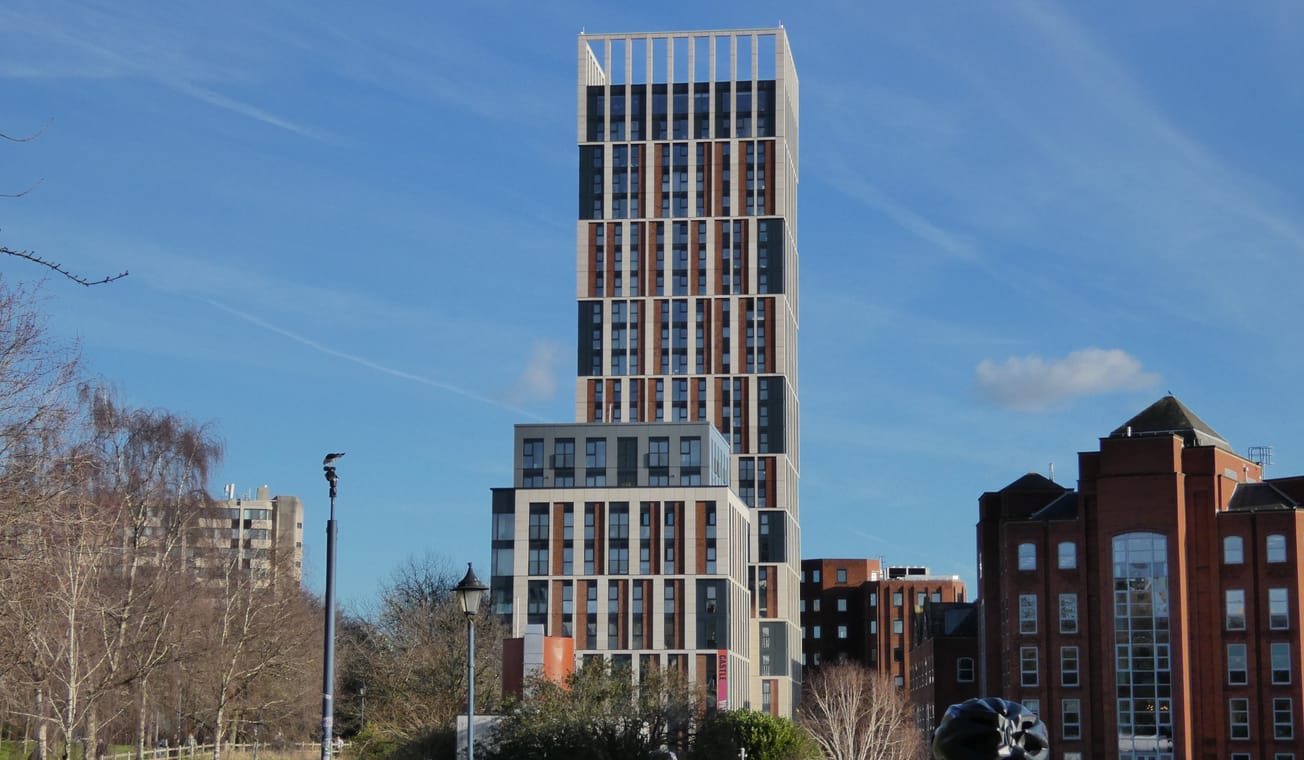By Tia Bahia, BAME Affairs Correspondent
On 3 February, the first of a series of four anti-racism webinars organised by UoB Anti-Racism steering group in collaboration with Epigram and the BAME network, was hosted by Robiu Salisu, Student Inclusion Officer, and Khadija Meghrawi, Chair of the BAME Network.
The series of webinars aims to create an accessible space and open forum for all students to have open conversations around how the university has progressed on anti-racist and racial diversity initiatives since BLM.
The event on Thursday featured Deputy Vice-Chancellor Judith Squires and Dr Jane Khawaja, Co-Chair of Anti-Racism Steering Group.
A four-part Anti-Racism Webinar series is commencing at 5:30pm today, where Bristol students can ask University figures, among others, about anti-racist initiatives and support for BAME students.
— Epigram (@EpigramPaper) February 4, 2021
Register through the link in the article.https://t.co/cQK4SjsCLO
Following on from the racially charged events of last summer and the Black Lives Matter movement, the aim of the event was to have an open conversation about the University of Bristol’s response and its future plans for change.
Prof. Judith Squires outlined the University’s attitude towards creating change, saying ‘We know that many of our black students and staff feel isolation, discomfort and experience daily microaggressions both on campus and online. This is something we need to address as a matter of absolute urgency’.
The Deputy Vice-Chancellor highlighted the Race Equality Statement published by Bristol University last year, which set clear aims and targets such as reviewing racial biases and, despite the obstacles present, ‘challenging ourselves to create a level playing field for everybody at our University’.
A member of the University’s Board of Trustees, Dr. Jane Khawaja gave the audience more detail about the Anti-Racism Steering Group that she co-chairs along with Judith Squires.
Dr Khawaja said the group is ‘looking to input real change and improve representation, experience and outcomes for Black, Asian and minority ethnic staff and students.’
The event featured questions from audience members, submitted prior to the session, which Robiu and Khadija posed to the speakers. Answering the question ‘What is the university doing to educate staff on Black Lives Matter?’, Dr Khawaja answered: ‘the BLM protests were very much a catalyst for all members in our community to take action’. She continued ‘It’s not about educating our staff on BLM’ but rather ‘creating an inclusive and welcoming environment for the diverse range of staff we are hoping to attract’.
Asked how the University will ensure their actions are not just virtue signalling and will lead to actual tangible and measurable change, Prof. Squires stated that the clear workstreams encompassed by the Anti-Racism Steering Group, each have very clear, measurable targets, which the Group then ‘monitor[s] progress against at each meeting’.
Acknowledging that there is room for improvement, Prof. Squires explained ‘We can certainly do more in the months and years to come to make sure that we are giving regular progress monitoring updates so everybody can see what we have actually delivered and so I think we can commit that we will be doing that’.
“It’s not about educating our staff on BLM” but rather using this moment as a way to empower staff to make anti-racist change across areas of the University
— Epigram (@EpigramPaper) February 4, 2021
A question was also raised regarding whether the University is ‘able to act with urgency to remove the slave traders’ crest from the university logo’. Bristol University’s current logo includes references to the Colston and Wills families amongst others. In answer, Dr. Khawaja stated that: ‘Rebranding our University would impact a wide range of areas such as signage, printed materials and would also be a significant financial investment.
‘As we aspire to be a civic University, any decisions that are relevant to our city such as renaming the Wills Memorial Building for example would be subject to conversations with people across our city as well as in our university’.
One such progress already made by the University is its renaming of the ‘Colston Street’ student accommodations to ‘No. 33’ in time for the start of the 20/21 academic year.
The open and honest event also touched on whether changes to HR processes had changed the demographics of candidates being interviewed for staffing roles at the University, to which Prof. Squires said, ‘It is too soon to tell whether it has made a difference yet’.
On the question of what the University is doing to recruit more black academics into permanent positions, Squires acknowledged the issue facing the University, ‘Less than 2% of all our academic staff are black so we clearly have a significant issue which we need to address’.
She noted the collaboration that is ongoing with schools and faculties to increase representation and the University’s efforts to review job descriptions and promotional material to ensure there is no bias in them.
‘Nothing can be fixed or really progressed unless we all work together’
Squires and Khawaja both referenced the ‘Disrupting Racism – It Starts with You’ programme, introduced for staff members so as to educate and empower them to promote and embed anti-racism in the University.
Responding to a question from Khadija Meghrawi, Chair of the BAME Network, as to whether current work felt ‘different from the work ongoing before’, Dr. Khawaja explained how things were dealt with very differently previously with a reluctancy to even use direct terms such as ‘racism’. Khawaja said, ‘Nothing can be fixed or really progressed unless we all work together’.
Asked about what action the University is taking against the use of anti-black racial slurs used by non-black students on campus, Judith Squires encouraged students to ‘bring forward and report when they see any unacceptable behaviour’, signposting them to the University’s Report and Support Tool. Dr Khawaja added: ‘We want to empower people to support others in situations like that’.
As the webinar approached conclusion, Khadija voiced her thought that ‘It can be really easy to pick up the narrative that racism is over or anti-blackness doesn’t exist anymore, unfortunately that’s not true, racism still exists, anti-blackness still exists’.
Anti-Racism webinar series to commence on Thursday
Rounding up the discussion with some of her thoughts, Epigram’s EiC Robin Connolly concluded ‘As a student it feels so important that students and staff are aware of what is being done and what needs to be done’... ‘This is a responsibility on behalf of all of us, not just black students and communities.’
The next webinar in the Anti-Racism Webinar Series will take place on 11 February and will discuss the BAME Attainment Gap and Racial Diversity in the student body. The guest speakers include Zoe Pither, Head of Student Inclusion and Doug Jennings, Deputy Director of Home Recruitment and Conversions.
Featured: Courtesy of webinar organisers
To register for the next webinar and to submit your questions, please use the link, HERE.









